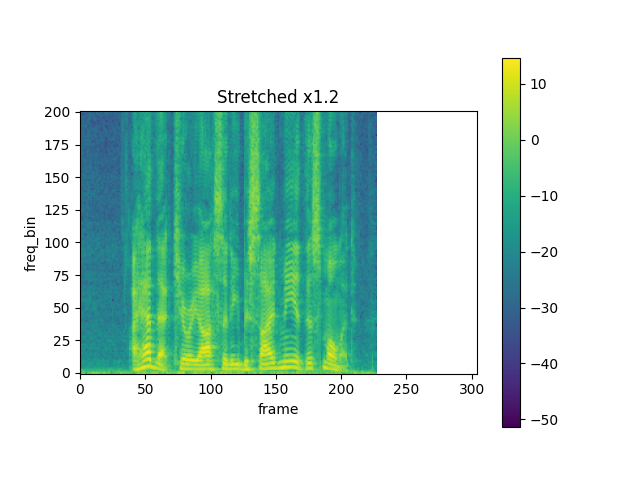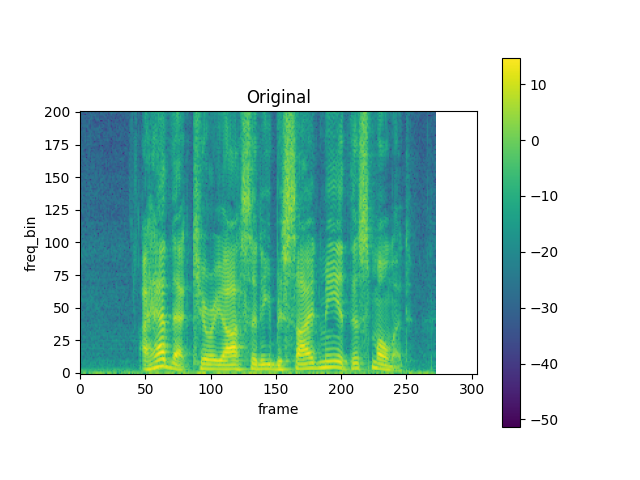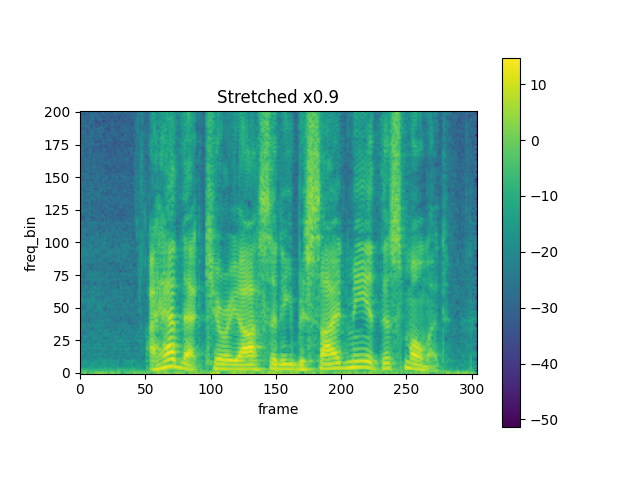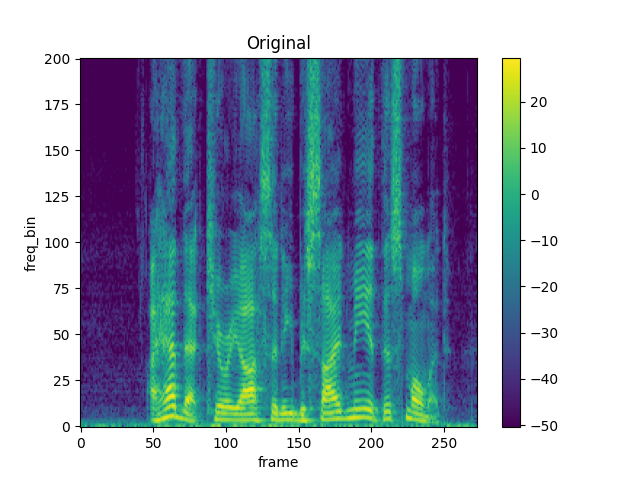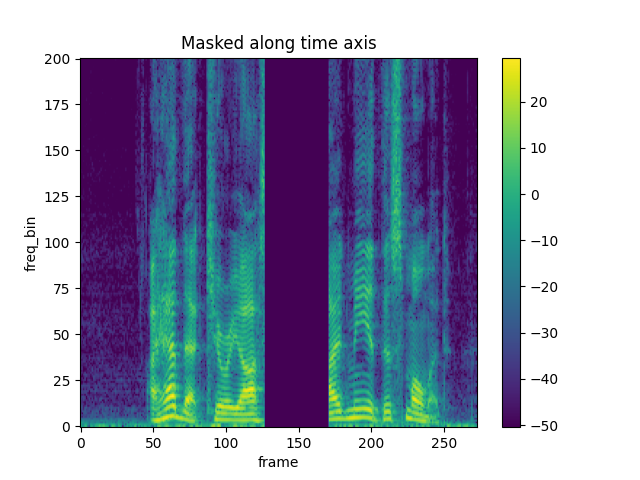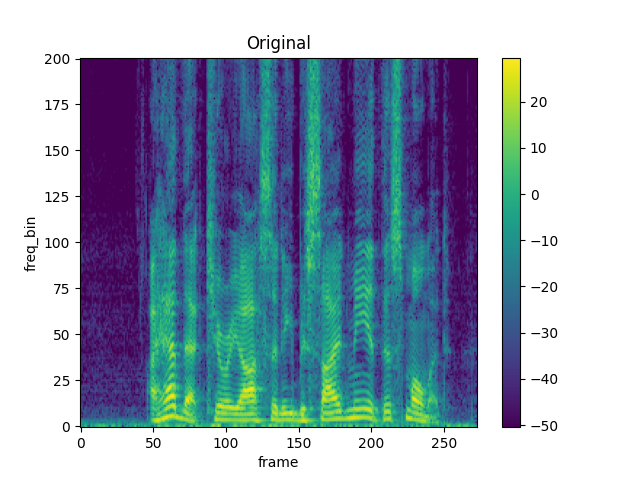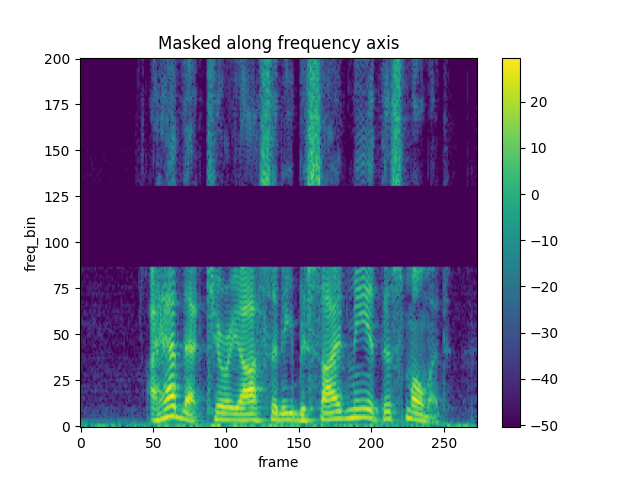Note
Click here to download the full example code
Audio Feature Augmentation¶
# When running this tutorial in Google Colab, install the required packages
# with the following.
# !pip install torchaudio librosa
import torch
import torchaudio
import torchaudio.transforms as T
print(torch.__version__)
print(torchaudio.__version__)
Out:
1.11.0+cu102
0.11.0+cu102
Preparing data and utility functions (skip this section)¶
#@title Prepare data and utility functions. {display-mode: "form"}
#@markdown
#@markdown You do not need to look into this cell.
#@markdown Just execute once and you are good to go.
#@markdown
#@markdown In this tutorial, we will use a speech data from [VOiCES dataset](https://iqtlabs.github.io/voices/), which is licensed under Creative Commos BY 4.0.
#-------------------------------------------------------------------------------
# Preparation of data and helper functions.
#-------------------------------------------------------------------------------
import os
import requests
import librosa
import matplotlib.pyplot as plt
_SAMPLE_DIR = "_sample_data"
SAMPLE_WAV_SPEECH_URL = "https://pytorch-tutorial-assets.s3.amazonaws.com/VOiCES_devkit/source-16k/train/sp0307/Lab41-SRI-VOiCES-src-sp0307-ch127535-sg0042.wav"
SAMPLE_WAV_SPEECH_PATH = os.path.join(_SAMPLE_DIR, "speech.wav")
os.makedirs(_SAMPLE_DIR, exist_ok=True)
def _fetch_data():
uri = [
(SAMPLE_WAV_SPEECH_URL, SAMPLE_WAV_SPEECH_PATH),
]
for url, path in uri:
with open(path, 'wb') as file_:
file_.write(requests.get(url).content)
_fetch_data()
def _get_sample(path, resample=None):
effects = [
["remix", "1"]
]
if resample:
effects.extend([
["lowpass", f"{resample // 2}"],
["rate", f'{resample}'],
])
return torchaudio.sox_effects.apply_effects_file(path, effects=effects)
def get_speech_sample(*, resample=None):
return _get_sample(SAMPLE_WAV_SPEECH_PATH, resample=resample)
def get_spectrogram(
n_fft = 400,
win_len = None,
hop_len = None,
power = 2.0,
):
waveform, _ = get_speech_sample()
spectrogram = T.Spectrogram(
n_fft=n_fft,
win_length=win_len,
hop_length=hop_len,
center=True,
pad_mode="reflect",
power=power,
)
return spectrogram(waveform)
def plot_spectrogram(spec, title=None, ylabel='freq_bin', aspect='auto', xmax=None):
fig, axs = plt.subplots(1, 1)
axs.set_title(title or 'Spectrogram (db)')
axs.set_ylabel(ylabel)
axs.set_xlabel('frame')
im = axs.imshow(librosa.power_to_db(spec), origin='lower', aspect=aspect)
if xmax:
axs.set_xlim((0, xmax))
fig.colorbar(im, ax=axs)
plt.show(block=False)
SpecAugment¶
SpecAugment is a popular spectrogram augmentation technique.
torchaudio implements TimeStretch, TimeMasking and
FrequencyMasking.
TimeStretch¶
spec = get_spectrogram(power=None)
stretch = T.TimeStretch()
rate = 1.2
spec_ = stretch(spec, rate)
plot_spectrogram(torch.abs(spec_[0]), title=f"Stretched x{rate}", aspect='equal', xmax=304)
plot_spectrogram(torch.abs(spec[0]), title="Original", aspect='equal', xmax=304)
rate = 0.9
spec_ = stretch(spec, rate)
plot_spectrogram(torch.abs(spec_[0]), title=f"Stretched x{rate}", aspect='equal', xmax=304)
TimeMasking¶
torch.random.manual_seed(4)
spec = get_spectrogram()
plot_spectrogram(spec[0], title="Original")
masking = T.TimeMasking(time_mask_param=80)
spec = masking(spec)
plot_spectrogram(spec[0], title="Masked along time axis")
FrequencyMasking¶
torch.random.manual_seed(4)
spec = get_spectrogram()
plot_spectrogram(spec[0], title="Original")
masking = T.FrequencyMasking(freq_mask_param=80)
spec = masking(spec)
plot_spectrogram(spec[0], title="Masked along frequency axis")
Total running time of the script: ( 0 minutes 4.480 seconds)



